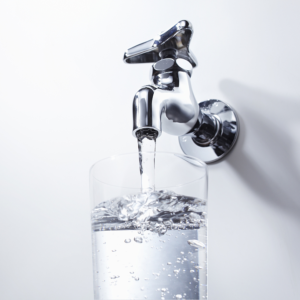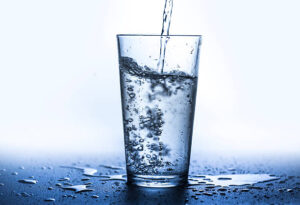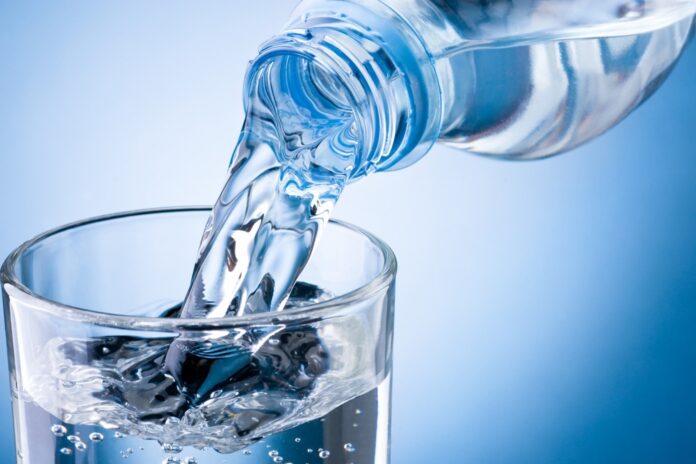Actress Brooke Shields experienced a seizure in late 2023 after drinking excessive amounts of water, which she later explained was due to her low sodium levels. This incident highlights the dangers of overhydration, as it can lead to hyponatremia, a potentially fatal condition of low sodium in the blood. The body regulates its water content to maintain the optimum total body water level and “osmolality,” the blood’s dissolved particle concentration.
 Osmolality is monitored by osmoreceptors that regulate sodium and water balance in the hypothalamus, the part of the brain that controls numerous hormones. These osmoreceptors signal the release of antidiuretic hormone (ADH), which acts on blood vessels and the kidneys to control the amount of water and salt in the body.
Osmolality is monitored by osmoreceptors that regulate sodium and water balance in the hypothalamus, the part of the brain that controls numerous hormones. These osmoreceptors signal the release of antidiuretic hormone (ADH), which acts on blood vessels and the kidneys to control the amount of water and salt in the body.
In healthy people, the body releases ADH when osmolality becomes high, telling the kidneys to reabsorb water and making urine more concentrated.

The reabsorbed water dilutes the blood, bringing osmolality back to normal levels. Low blood osmolality suppresses the release of ADH, reducing how much water the kidneys reabsorb, which dilutes urine, which the body then passes to rid itself of the excess water. Healthy urine should be clear and odorless.
Adults should consume two to three liters daily, of which around 20% comes from food. However, sweating during exercise or in hot weather increases the amount of water needed through drinking. Some medical conditions can cause overhydration, such as psychogenic polydipsia, where approximately one in five schizophrenia patients drink water compulsively. Treatment for polydipsia focuses on medication to reduce the urge to drink and increase sodium levels gradually to avoid causing myelinolysis, neurological damage caused by rapid changes in sodium levels in nerve cells.

In rare cases, some users of the illegal drug MDMA (also known as ecstasy) have died after drinking copious amounts of water to rehydrate after dancing and sweating. Symptoms of too much water consumption include nausea, vomiting, headaches, confusion, seizures, coma, and death. MDMA also triggers the unnecessary release of ADH, causing water retention, which affects electrolyte levels and causes cells to swell with water.
A healthy body will tell you when it needs water. If you’re thirsty and your urine is dark with a noticeable odour, you need to drink more. If you’re not thirsty and your urine is clear or light straw, you’re already hydrating yourself well.

















